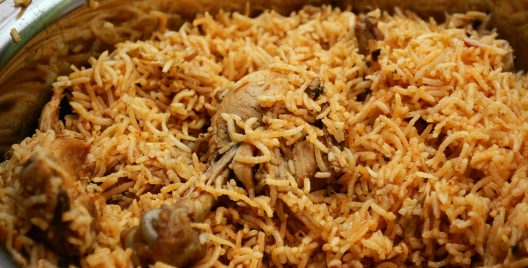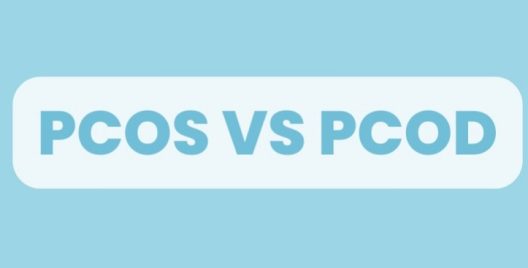
Possible nutrient deficiency: Vegetarians are more susceptible to nutrient deficiencies and, the more restrictive their diet is, the greater the chance of them not meeting their nutritional requirements. The nutrients, which require special focus by vegetarians, include protein, iron, calcium, zinc and vitamin B12. Individuals following a vegan diet, which excludes dairy products and eggs, especially need to focus on vitamin B12. They might have to reach out for B12 fortified products or supplements. Combining the plant sources of iron with foods rich in vitamin C increases the absorption of iron more efficiently. Omega 3 fats are absolutely critical for vegetarians because they naturally have high amounts of omega 6 in their diet, from all vegetable derived oils and nuts. It is essential to balance omega 6 with omega 3 fatty acids in order to avoid the risk of chronic diseases. Walnuts and flaxseeds are rich vegetarian sources of omega 3 fats.
Protein malnutrition: Mostly vegetarians tend to include adequate amounts of total protein in their diet. But plant based proteins lack certain amino acids that can lead to malnutrition if not taken care of. There are certain amino acids and related compounds that are not technically essential but are useful in the diet, possibly under specific conditions and needs, which are mostly found in animal products. Some of the best protein sources that possess good amounts of various amino acids in the vegetarian diet include pulses (like beans, lentils, peas, soy products), grains (like wheat, buckwheat, oats, barley, millet), nuts (like almonds, cashews, hazelnuts, walnuts, brazil nuts), and seeds like sesame, sunflower, and pumpkin seeds.
False assumption of automatic health benefit: Despite the potential health benefits of following a vegetarian diet, the effects are not automatic. Just cutting down on meat, poultry and seafood does not turn a meal healthier. You have to make sure that the entire meal is well balanced with healthy food choices. If vegetarians replace meat with high-fat cheese, margarine, junk food and saturated fats, they are unlikely to reap many health benefits out of it. In fact, there is no meat in ice cream, chips and brownies but it hardly constitutes a healthy meal. Whether you follow vegetarianism or not, a healthy meal has to be low in cholesterol and saturated fat and be based around fruits, vegetables, whole grains and lean protein.

A Healthy Balance
The digestive system of the human body can digest both vegetarian and non-vegetarian foods, yet it is always better to be moderate with meat and other animal source consumption. Consuming fish about three times a week or lean meat and poultry about once or twice a week is not going to harm you if accompanied with regular physical exercises in order to stay fit and healthy. As for vegetarians, a well-balanced diet with adequate amounts of fruits, vegetables, whole grains cereals, pulses and low-fat dairy products are a must on a daily basis for a healthy living.















